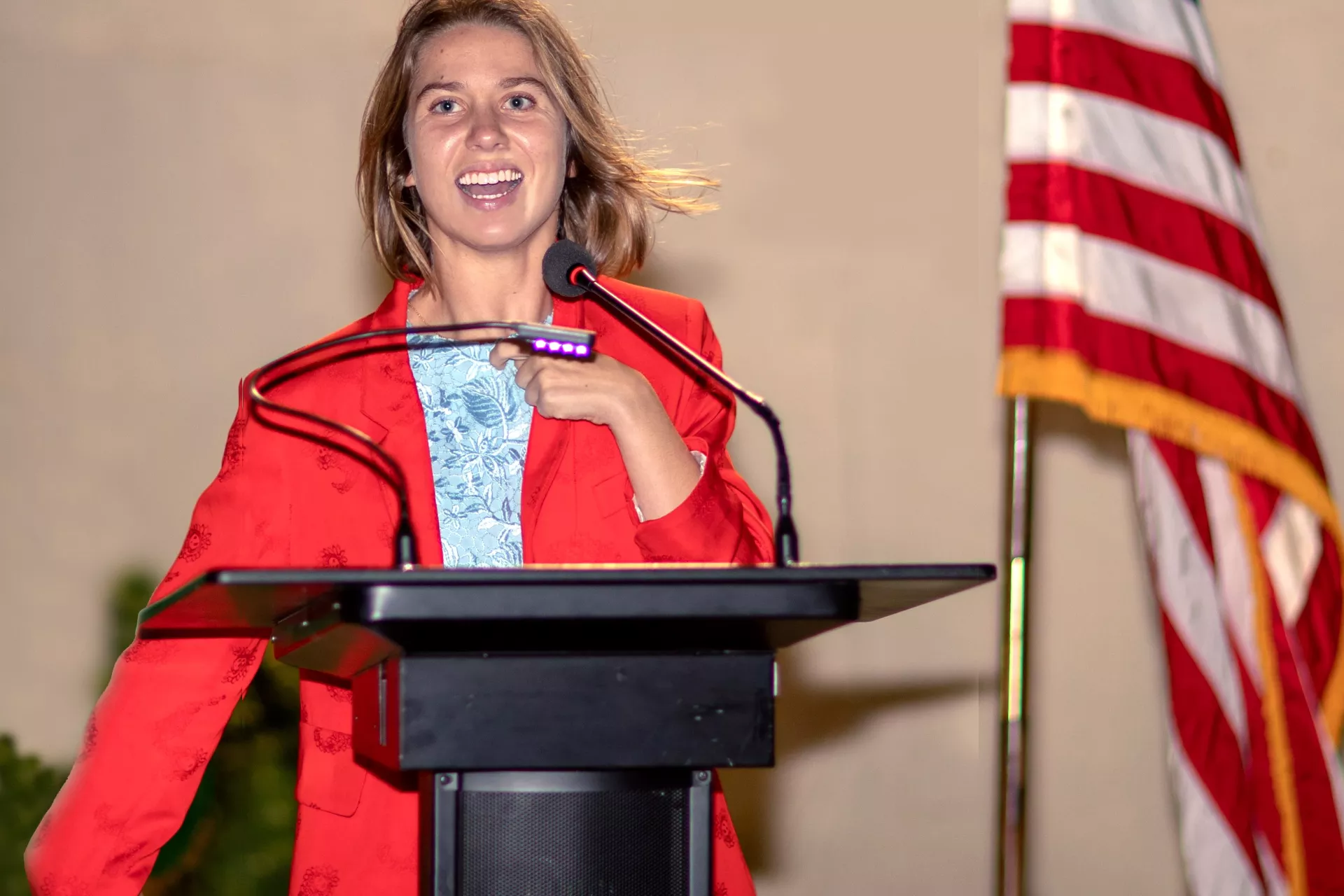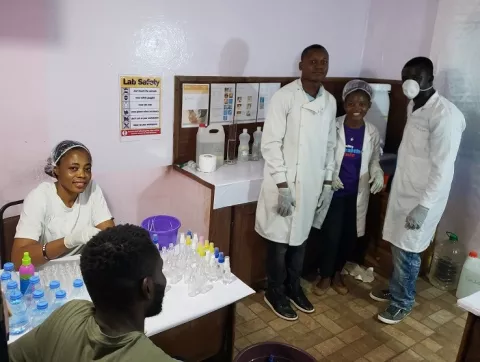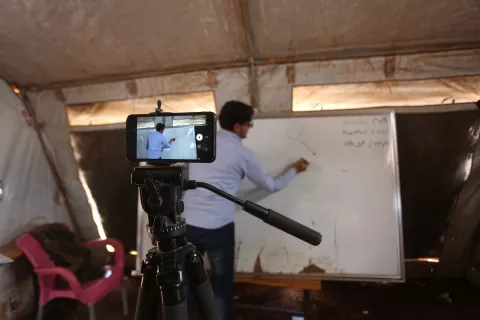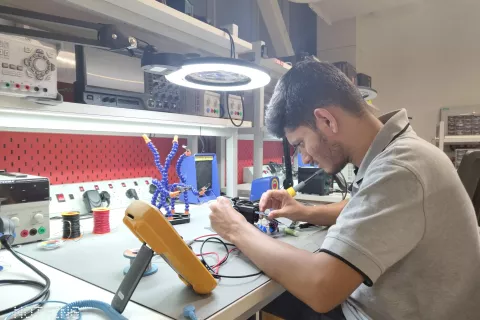Spread the Word to End the R Word and Include
Most companies are not prepared to have someone like me as an employee. How can we change this? I believe we can, but only if we do this together.

Written by Ms. Lucy Meyer, Generation Unlimited Champion, Official Spokesperson for the Special Olympics – UNICEF USA Partnership, and Special Olympics athlete.
Every year people with and without intellectual disabilities come together for the “Spread the Word” campaign – a movement to end the use of the R word and promote inclusion. We should think about the words we use and what we can all do to help spread the word to end the word and make our schools, work places and opportunities more inclusive to people with intellectual disabilities.
Because of my cerebral palsy, I have physical and intellectual disabilities. While my physical disability makes some activities more challenging, my intellectual disability can make things even harder. I am very lucky to have gone to a school where I was not bullied and always felt included but I have many friends who have been bullied and called the R word. This is not okay. This is never okay. It’s never okay to demean someone because they may be a little different.
I think some people use the R word to be mean, others use the R word without even thinking of what it means. When I hear this word, it makes me upset and sad that many people without disabilities don’t understand people with intellectual disabilities. They think we may be slow and unaware, but they’re wrong. People with intellectual disabilities are often smart, compassionate and all too aware. We have feelings just like everyone else and when someone calls us the R word, we know what it means and feel very sad and excluded. Even when people use this word to someone without a disability, it’s still hurtful. It’s an awful, degrading and offensive word no matter who you say it to.
When I was in elementary school, I noticed that the special day classroom for kids with special needs was labelled “MR classroom” and found out that meant “mentally retarded classroom.” This had to change – schools could not be saying this word to their own students – so I helped the school change it from MR to ID for “intellectual disability.” After this, I realized I had to keep educating people and have spoken at several schools, encouraging students, teachers and whole schools to take the pledge to stop the use of the R word. In high school, I had all the students sign a huge poster to commit to no longer use the “R word.” Millions of people around the world have taken the pledge and so can you!
Would someone with an intellectual disability succeed at your school or work? What could be done to make those places more inclusive? Do the current education system and work training programs available at schools and companies support and welcome people with intellectual disabilities?
I am 21 years old, and while I had great educational support, the reality for me is that it will be very hard to get a job. Most companies are not prepared to have someone like me as an employee. How can we change this? I believe we can, but only if we do this together.
Love,
Lucy
To learn more about Lucy Meyer, click here, and visit her YouTube Channel, Twitter, Instagram and Facebook




